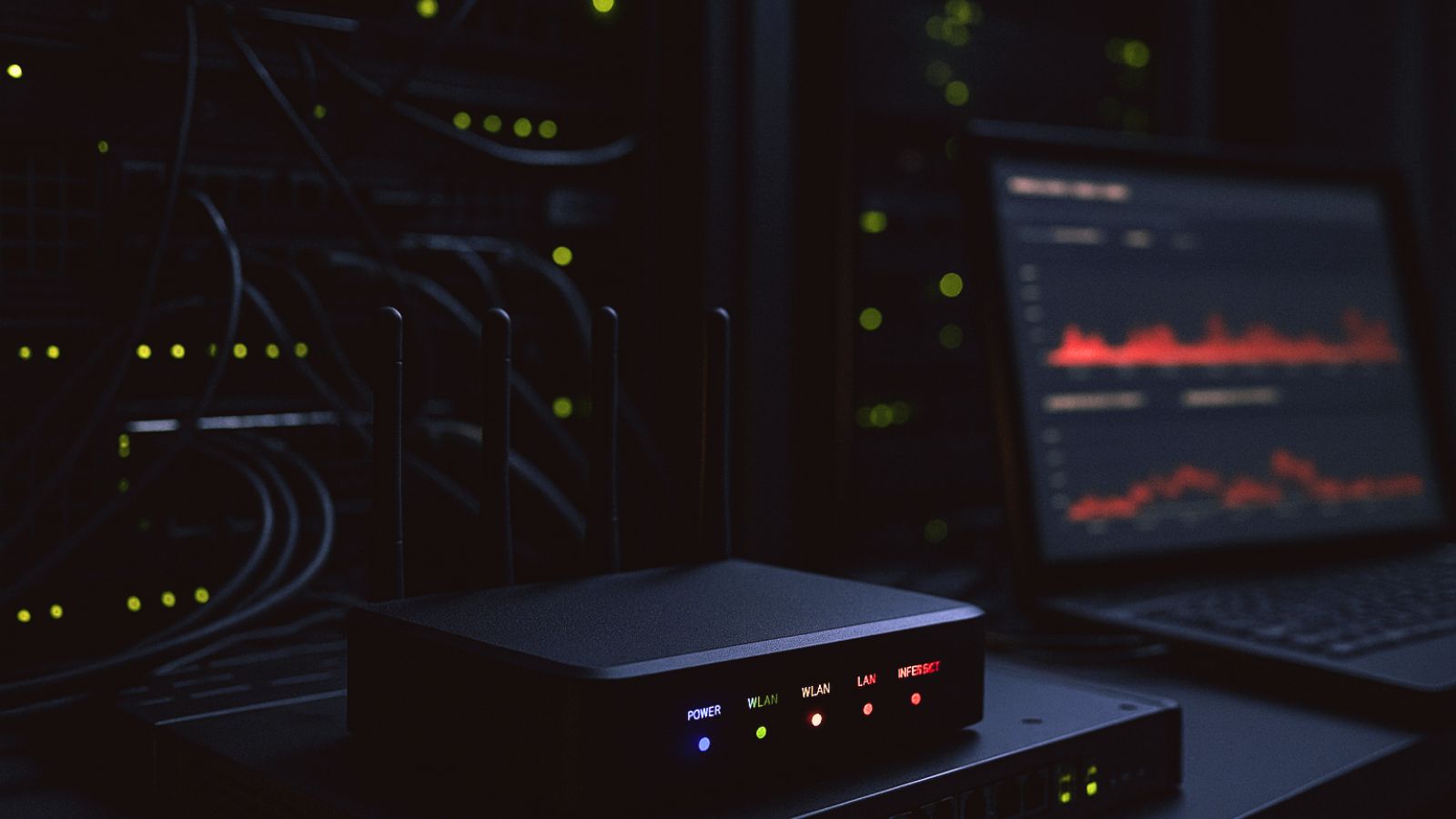
Internet Explorer Zero-Day Fix Rendered Some Lenovo Laptops Unbootable
- Lenovo laptops that sport less than eight gigs of RAM cannot boot to Windows anymore.
- The security update patched a severe vulnerability and was rolled out in a hurry.
- Microsoft is working with Lenovo to fix the issue, while a workaround has also been suggested.
After the discovery of the zero-day vulnerability in the scripting engine of Internet Explorer 9 and 11 by a Google Engineer, Microsoft rolled out a fix patch (KB4467691) and requested all users of Windows 7, Windows 8.1, and Windows 10 to update their operating systems as soon as possible. While this critical security update plugged the serious vulnerability, betanews reports it seems to have caused trouble to some Lenovo laptop owners who are now unable to boot their devices.
Issuing fixes and system patches in a rush has never been a good idea really, but the risk that stemmed from the specific vulnerability was quite high. People were in danger of getting their systems hacked by remote code execution that could lead to memory corruption and further execution of arbitrary code. Microsoft had no time to thoroughly test their patch on all popular systems out there, as every day that passed was counting against their odds of not having the vulnerability getting discovered by malicious parties.
Microsoft was in such a rush for the release of the fixing patch that they already knew about issues with the .NET framework and also with web links in the Start menu, but they still released it due to urgency. The Lenovo booting bug though is something that got discovered only afterward, and Microsoft has already officially acknowledged it. According to their statement, the problem seems to be limited to Lenovo laptops that have less than 8 GB of RAM, which should be the vast majority of them.
Now, to tackle this, Microsoft is working with Lenovo and promised to provide an update that will fix this booting bug for all users. In the meantime, they have proposed a couple of possible workarounds that involve the disabling of the Secure Boot in UEFI settings, and the subsequent execution of BitLocker recovery.
Are you a Lenovo laptop owner? Are you currently facing booting trouble? Let us know in the comments below, and share your thoughts on our socials on Facebook and Twitter as well.







